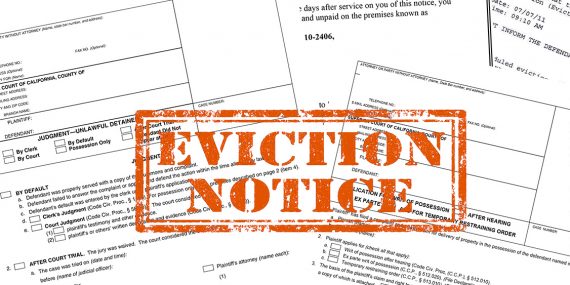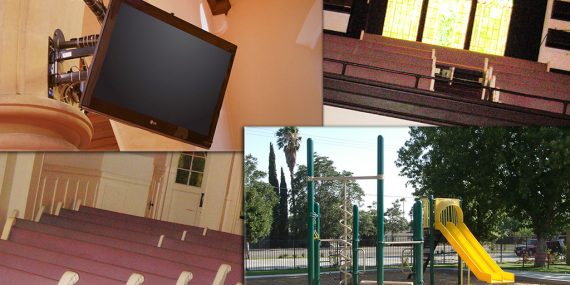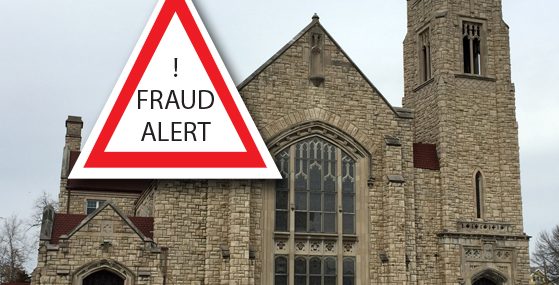Community Property
After attending church Council meetings or services, I am often approached and asked questions by individual members. Other than general real estate concerns, the majority of the questions are in the area of estate planning, (Wills and Trust) and how they relate to community property. Although some get the concept of what community property is, when it gets down to it, they really don’t understand how it works and its effects on their estate. What follows is a brief overview of community property, which is the rule of the land […]










